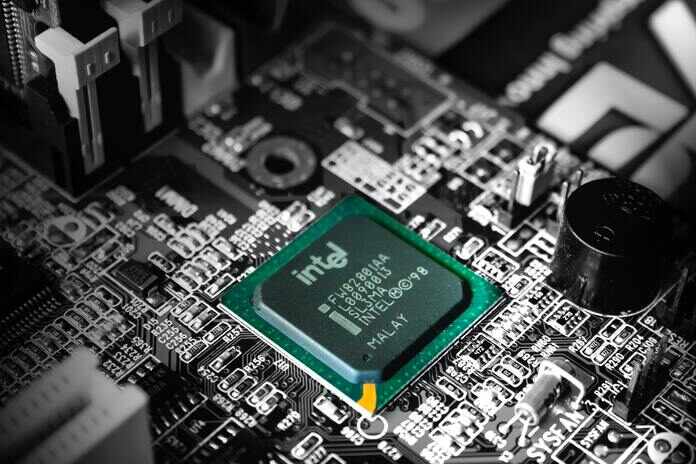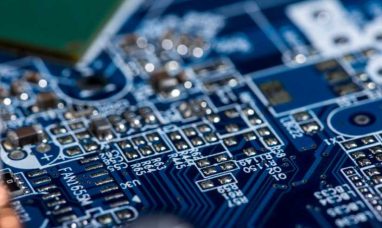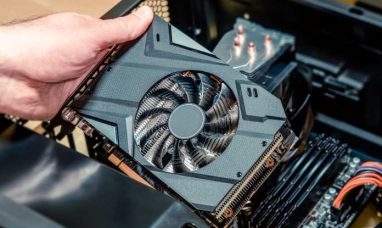Intel’s (NASDAQ:INTC) stock price surged more than 9% on Friday, triggering a rally in chip stocks, as the chipmaker’s optimistic forecast indicated a rebound in the personal computer market after several quarters of decline.
The surge in Intel’s stock was poised to increase its market value by over $10 billion if the gains held. This positive momentum also influenced other chip firms, with AMD, Nvidia, and Arm seeing increases of 1% to 2%.
Analysts at Bernstein noted that Intel “does appear to have turned the corner on the worst of it,” highlighting the improvements in its PC-focused business and the customers it secured for its chip contract manufacturing business, among other factors.
Under the leadership of CEO Pat Gelsinger, Intel is working to revamp its business by making substantial infrastructure investments. The company aims to gain an edge in chipmaking and compete with industry leaders like Taiwan’s TSMC for foundry clients. Gelsinger mentioned that Intel had secured three undisclosed clients for its contract manufacturing unit and expects to close a deal with a fourth customer before the year’s end.
Logan Purk, an analyst at Edward Jones, described the development of Intel’s foundry business as a clear positive sign, indicating that there is significant customer interest in Intel’s offerings.
Intel also provided an optimistic outlook for fourth-quarter revenue and margins that exceeded Wall Street estimates. This followed a report of a smaller-than-expected decline in the segment housing its PC business for the July-September period.
The positive outlook prompted at least 17 analysts to raise their price targets for Intel’s stock, with the median view reaching $37, according to LSEG data. While Intel has seen a 23% increase in its stock price this year, it still lags behind AMD, which has risen by 44.6%, and Nvidia, which has seen its stock price nearly triple.
In terms of valuation, Intel trades at 22.2 times its 12-month forward earnings estimates, compared to Nvidia’s 26.06.
However, Bernstein analyst Stacy Rasgon mentioned that Intel’s “AI story still seems marginal,” and its “data center performance continues to suffer from significant headwinds.” The company faces substantial competition in the data center chip market, particularly from Nvidia, whose graphic processing units are widely used for training artificial intelligence models.
Sales in Intel’s data center business, which also houses its AI chip division, dropped by 10%. Nevertheless, the company has experienced a growing interest in its “Gaudi” AI chips, with Gelsinger noting, “There’s a lot of interest in that. We’re now supply-constrained on Gaudi and racing to catch up.”
Featured Image: Unsplash















